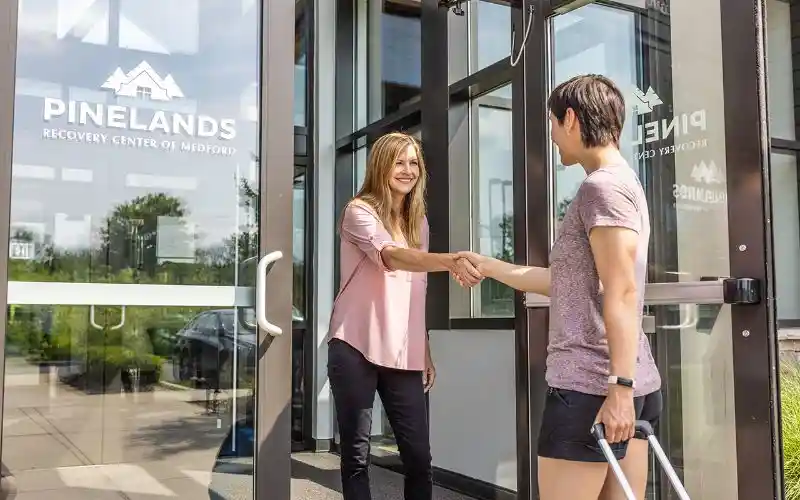
Pinelands Recovery Center of Medford
Claimed
Claimed
Top10 Rehabs has connected directly with this treatment provider to validate the information in their profile.
Medford, New Jersey, United States
Provider’s Policy
The insurance specialists at Pinelands have a vast array of knowledge when dealing with insurance and treatment coverage. They will work on your behalf to communicate with your insurance provider to determine how much your insurance plan will cover. Additionally, case managers and treatment specialists keep detailed clinical documents to ensure that if a patient needs more treatment than initially expected, the insurance coverage should not be an issue. Unfortunately, many insurance companies will reject extended lengths of stay or additional treatment modalities if the correct diagnosis, prognosis or verbiage is not used.
$26,000
- 30 days
Speciality programs for adults and young adults, treating addiction and co-occurring disorders with personalized care, the 12 Steps, and evidence-based care.
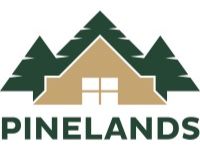
Call Pinelands Recovery Center of Medford
Connect with Pinelands Recovery Center of Medford by calling their admissions team directly.
- Message Us

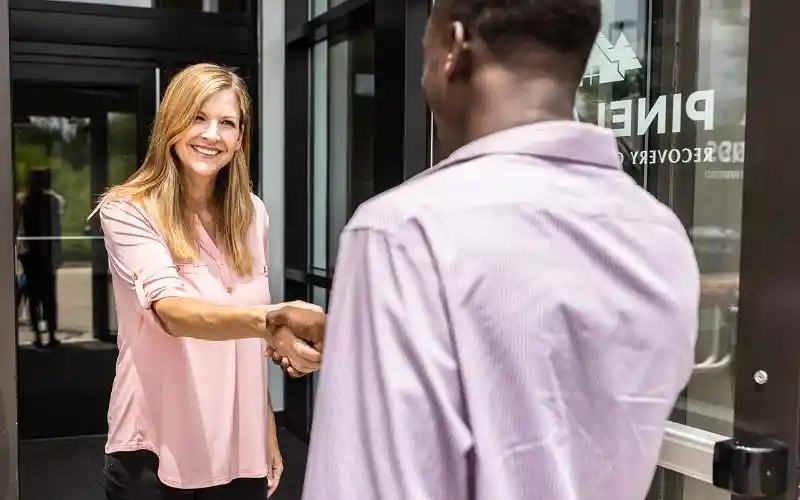
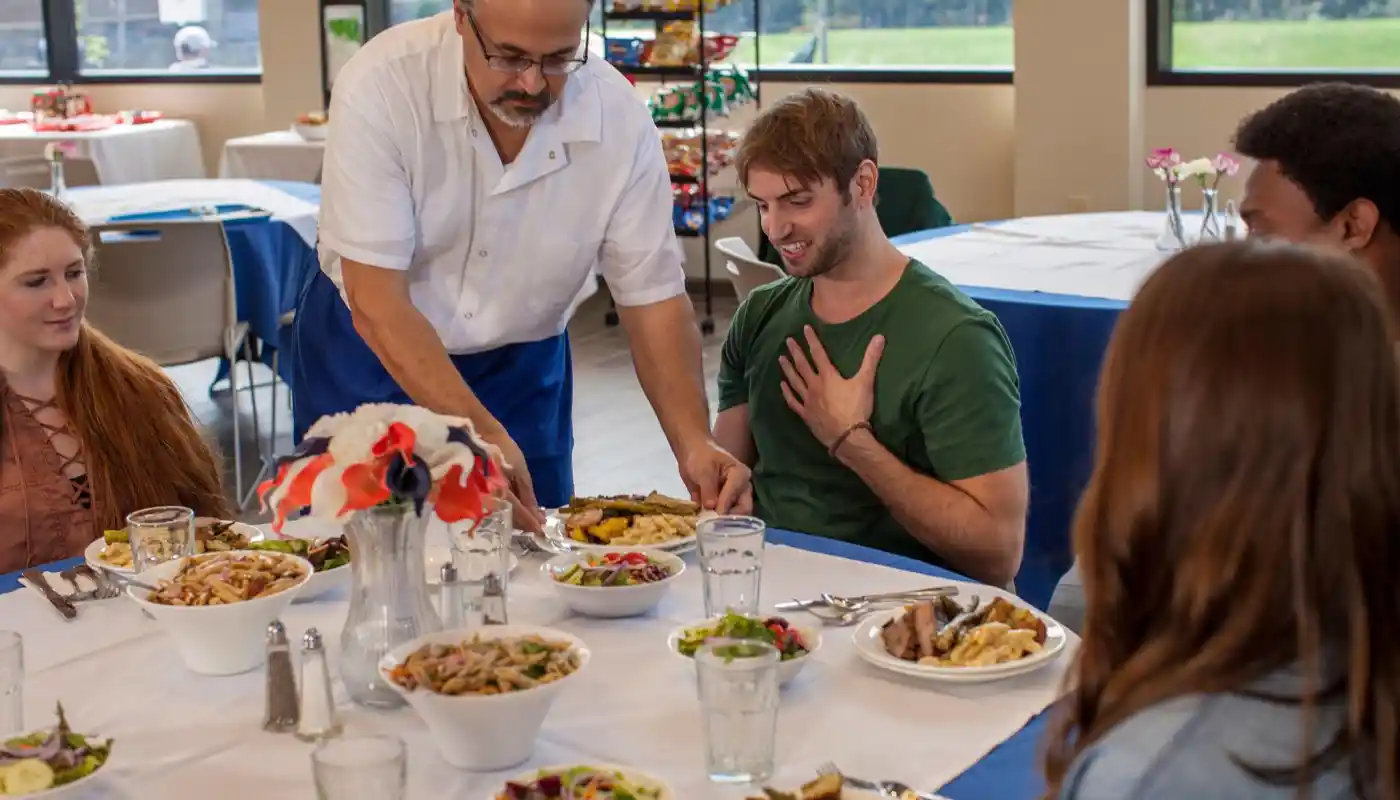

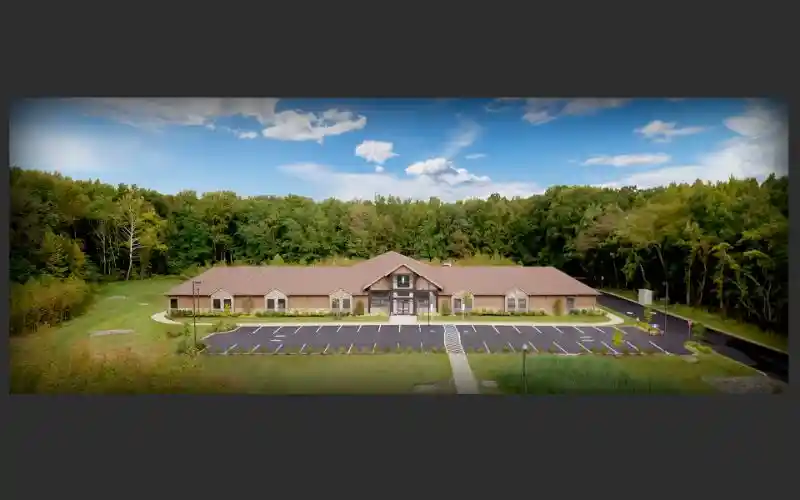
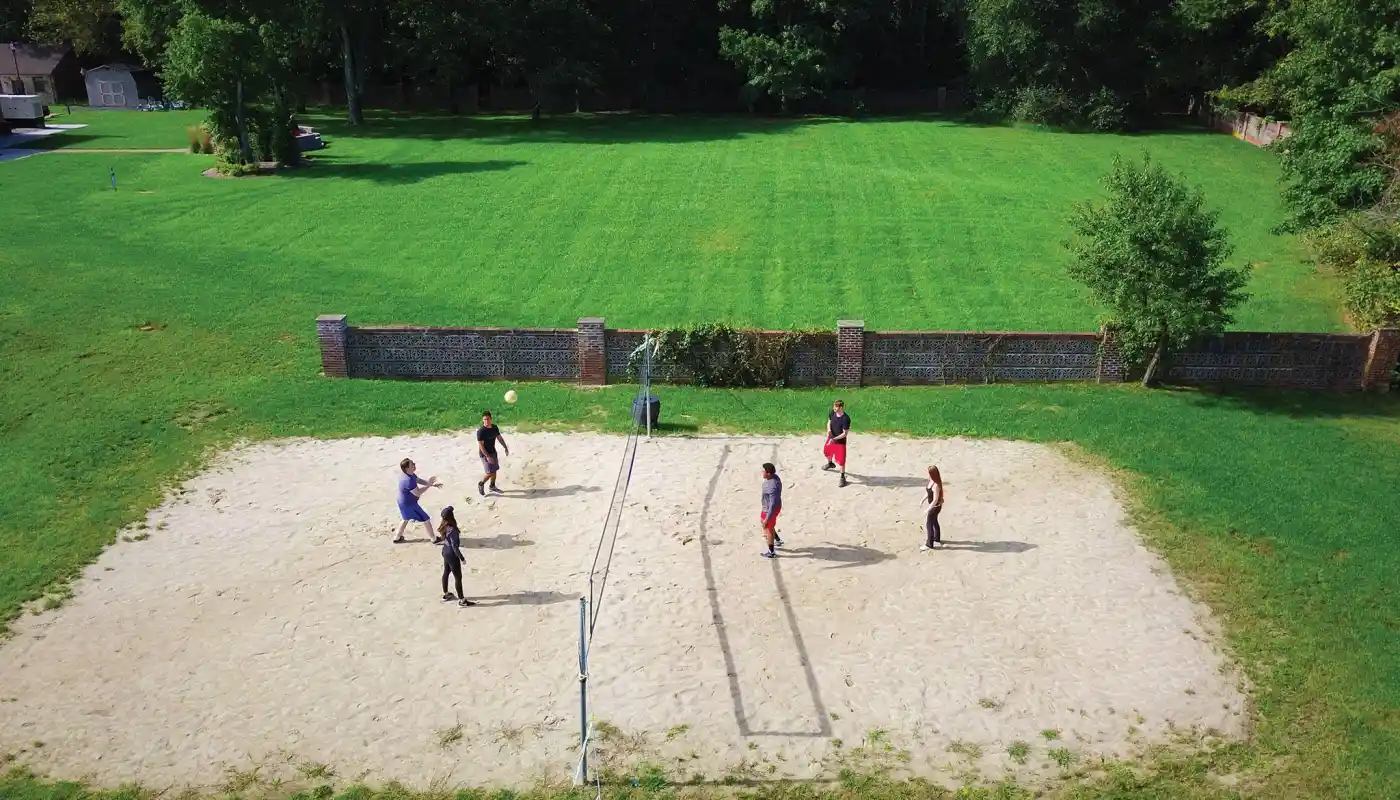

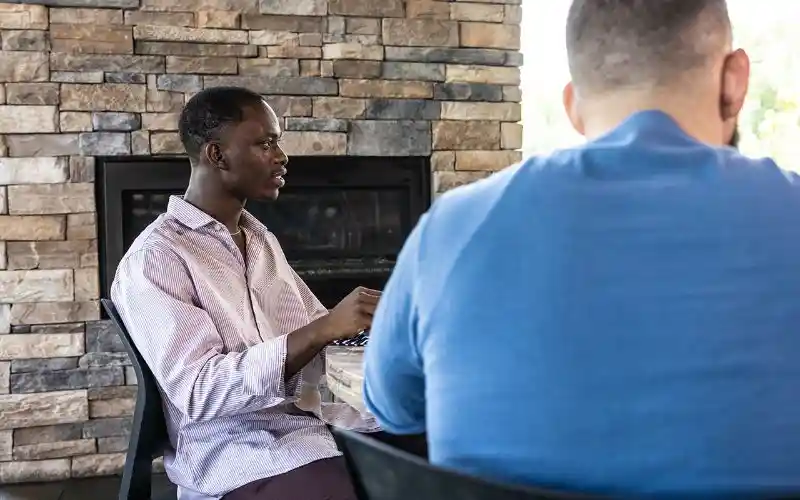
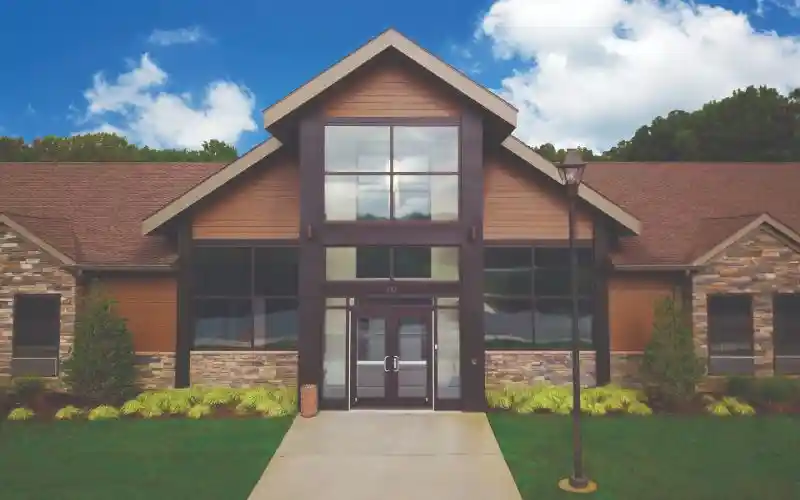
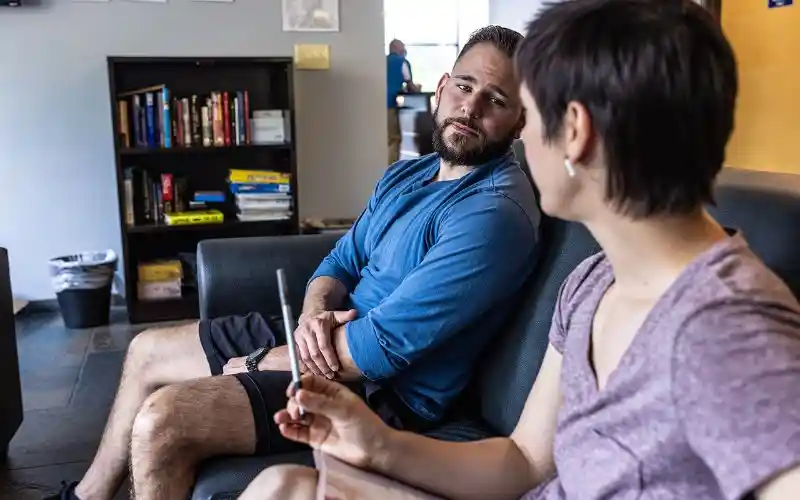


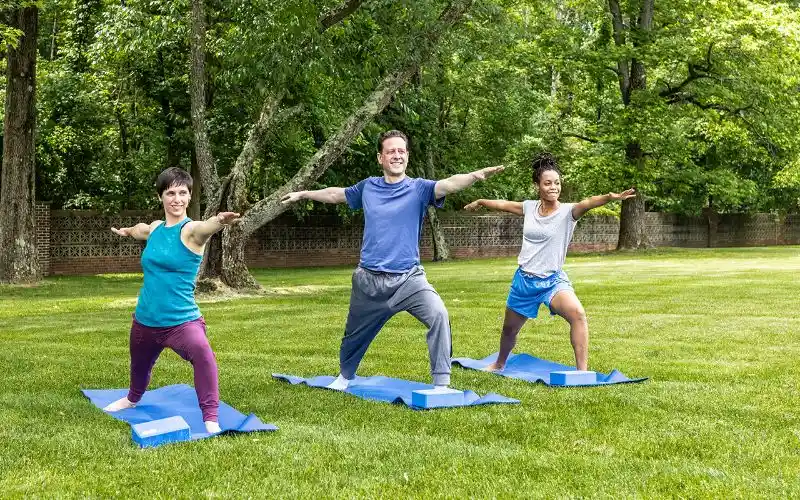


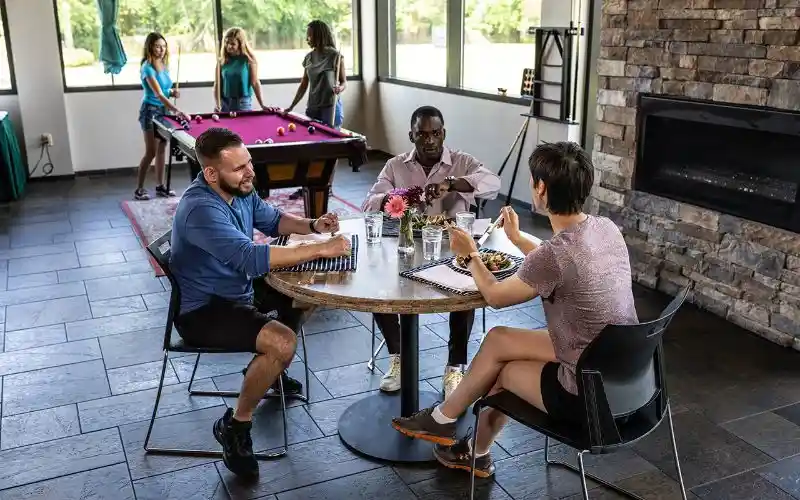
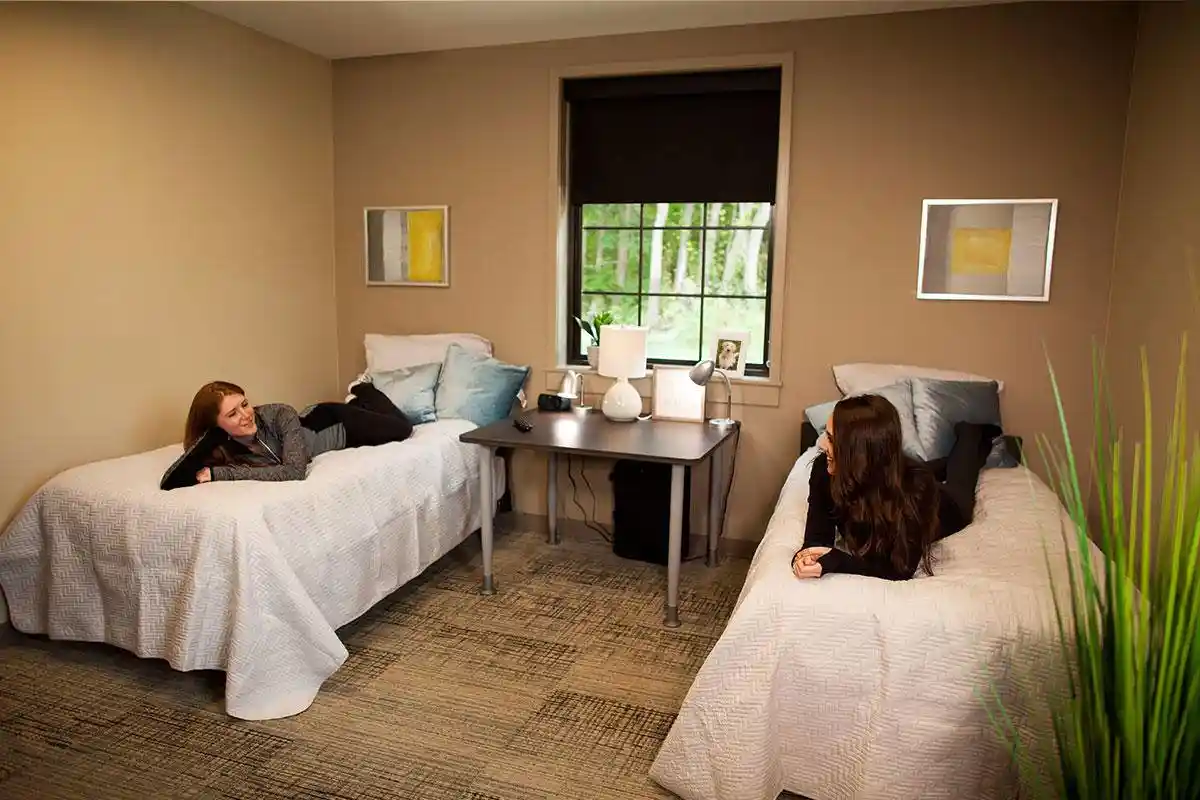
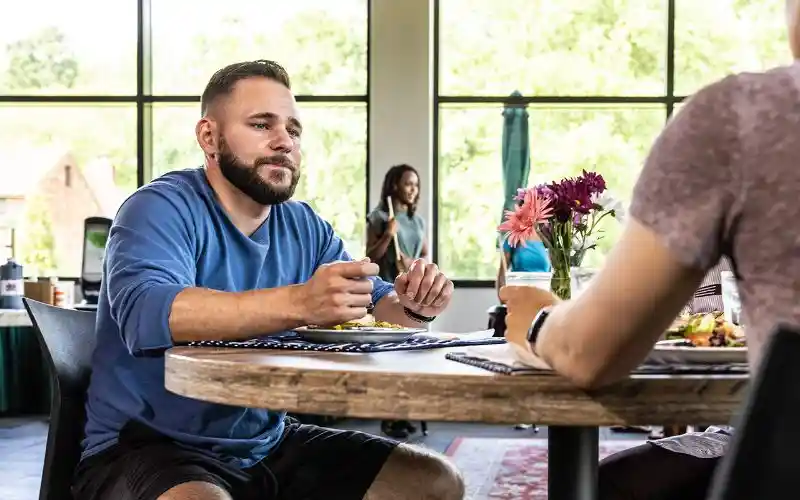

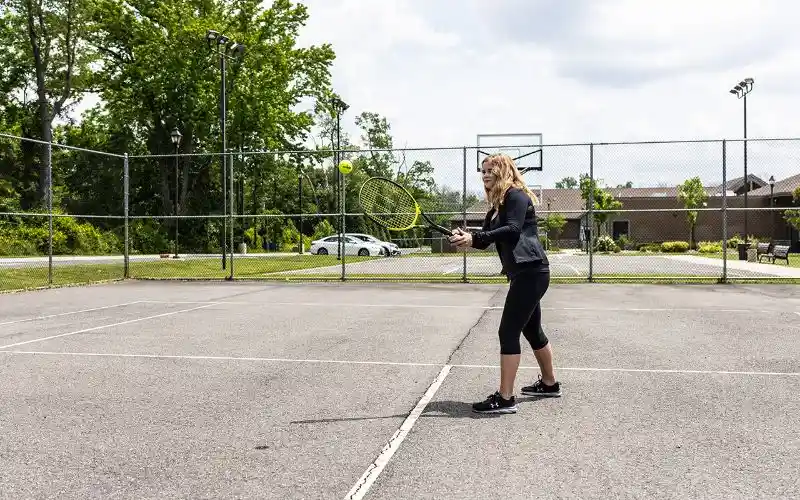
Personalized And Evidence-Based Care
Pinelands Recovery Center of Medford begins treatment with medical and psychiatric assessments. Clients’ preferences and the assessment results help guide treatment and determine which therapies and programs would be the best fit. Pinelands’ evidence-based therapies include group and individual sessions, on-site 12-Step meetings, and experiential therapies like yoga and outdoor activities.

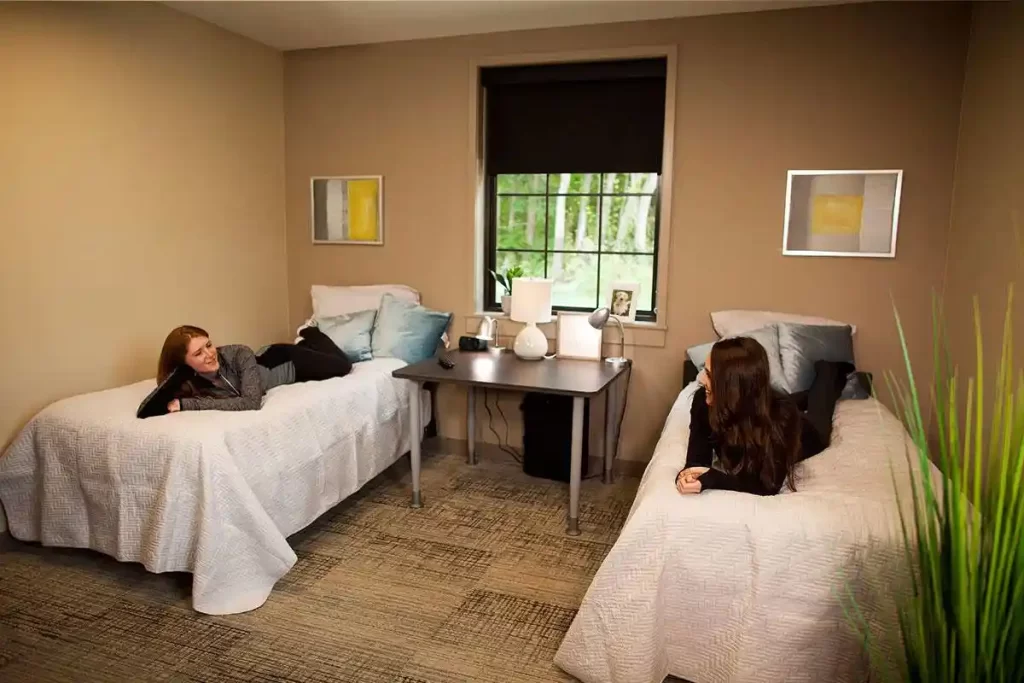
Young Adults And Veterans Programs
Pinelands provides specialized care for veterans, focusing on trauma, PTSD, and walking alongside clients as they begin healing the underlying cause of addiction. They’re in network with the VA Community Care Program. Veterans meet in group settings to work through common experiences and challenges, and meet 1:1 with their primary therapist. Young adults at Pinelands live with other young adults and join group therapy with others their age. Pinelands’ young adult program offers added flexibility, with treatment later in the day and in smaller increments.
Family Involvement And Education
Pinelands Recovery Center invites family into the healing process. They welcome family twice a week for in-person visits. Families can also attend an initial psychoeducation session and further family therapy sessions to learn more about addiction, codependency, and how to support their loved one. Pinelands provides each client with a family recovery coordinator to streamline family services and offer families constant support.


Continued Care
Pinelands Recovery Center offers clients a strong alumni community after they complete treatment. Alumni meet monthly and quarterly to offer support, have fun, and make new connections. Pinelands also offers alumni an app to connect them to Pinelands’ staff at any time. Clients receive ongoing case management and guidance from their recovery coach as they create and implement their aftercare plan.
Center Overview
Founded
2018
Occupancy
50+
Languages
Accreditation
Joint Commission
Price & Length
Who We Treat
Men
Women
Young Adults
Young Adults
Emerging adults ages 18-25 receive treatment catered to the unique challenges of early adulthood, like college, risky behaviors, and vocational struggles.
LGBTQ+
LGBTQ+
Addiction and mental illnesses in the LGBTQ+ community must be treated with an affirming, safe, and relevant approach, which many centers provide.
Men and Women
Men and Women
Men and women attend treatment for addiction in a co-ed setting, going to therapy groups together to share experiences, struggles, and successes.
Midlife Adults
Midlife Adults
For adults ages 40+, treatment shifts to focus on the unique challenges, blocks, and risk factors of their age group, and unites peers in a similar community.
Veterans
Veterans
Patients who completed active military duty receive specialized treatment focused on trauma, grief, loss, and finding a new work-life balance.
Address
287 Old Marlton Pike Medford, NJ 08055
Treatment
Specializations
Older Adults
Older Adults
Addiction and mental health treatment caters to adults 55+ and the age-specific challenges that can come with recovery, wellness, and overall happiness.
Alcohol
Alcohol
Using alcohol as a coping mechanism, or drinking excessively throughout the week, signals an alcohol use disorder.
Anxiety
Anxiety
Anxiety is a common mental health condition that can include excessive worry, panic attacks, physical tension, and increased blood pressure.
Chronic Relapse
Chronic Relapse
Consistent relapse occurs repeatedly, after partial recovery from addiction. This condition requires long-term treatment.
Co-Occurring Disorders
Co-Occurring Disorders
A person with multiple mental health diagnoses, such as addiction and depression, has co-occurring disorders also called dual diagnosis.
Depression
Depression
Symptoms of depression may include fatigue, a sense of numbness, and loss of interest in activities. This condition can range from mild to severe.
Drug Addiction
Drug Addiction
Drug addiction is the excessive and repetitive use of substances, despite harmful consequences to a person’s life, health, and relationships.
Young Adults
Young Adults
Emerging adults ages 18-25 receive treatment catered to the unique challenges of early adulthood, like college, risky behaviors, and vocational struggles.
Philosophy
Evidence-Based
Evidence-Based
A combination of scientifically rooted therapies and treatments make up evidence-based care, defined by their measured and proven results.
Twelve Step
Twelve Step
Incorporating spirituality, community, and responsibility, 12-Step philosophies prioritize the guidance of a Higher Power and a continuation of 12-Step practices.
Holistic
Holistic
A non-medicinal, wellness-focused approach that aims to align the mind, body, and spirit for deep and lasting healing.
Personalized Treatment
Personalized Treatment
The specific needs, histories, and conditions of individual patients receive personalized, highly relevant care throughout their recovery journey.
Therapies
1-on-1 Counseling
1-on-1 Counseling
Patient and therapist meet 1-on-1 to work through difficult emotions and behavioral challenges in a personal, private setting.
Mindfulness Therapy
Mindfulness Therapy
This ancient practice can be mental, emotional, and even spiritual. In meditation, you focus your attention on the present moment without judgement.
Cognitive Behavioral Therapy
DBT
DBT
This stage-based therapy helps patients address their realities and behaviors while inspiring healthy change, primarily in regulating emotions.
Experiential Therapy
Experiential Therapy
With this approach, patients heal by doing. Therapists help patients process difficult emotions to speak, using guided activities like art or dance.
Family Therapy
Family Therapy
Family therapy addresses group dynamics within a family system, with a focus on improving communication and interrupting unhealthy relationship patterns.
Life Skills
Life Skills
Teaching life skills like cooking, cleaning, clear communication, and even basic math provides a strong foundation for continued recovery.
Medication-Assisted Treatment
Medication-Assisted Treatment
Combined with behavioral therapy, prescribed medications can enhance treatment by relieving withdrawal symptoms and focus patients on their recovery.
Motivational Interviewing and Enhancement Therapy (MET)
Motivational Interviewing and Enhancement Therapy (MET)
This approach is based on idea that motivation to change comes from within. Providers use a conversational framework that may help you commit to recovery.
Nutrition Counseling
Nutrition Counseling
Nutritious food helps patients heal from within, setting them up for mental and bodily wellness as they learn about healthy eating.
Psychodrama Therapy
Psychodrama Therapy
Patients act out real or imagined scenarios under a therapist’s guidance. These exercises foster creative thought, sponteneity, and problem-solving skills.
Psychoeducation
Psychoeducation
This method combines treatment with education, teaching patients about different paths toward recovery. This empowers them to make more effective decisions.
Relapse Prevention Counseling
Relapse Prevention Counseling
Relapse prevention counselors teach patients to recognize the signs of relapse and reduce their risk.
Seeking Safety
Seeking Safety
Not looking to the past, patients improve their present circumstances. They work toward safety without detailing traumatic events.
Solution Focused and Goal-Oriented Therapy
Solution Focused and Goal-Oriented Therapy
A quick goal-oriented therapy that helps patients identify their current and future goals, find out how to achieve them, and empower future problem-solving.
Solution Focused, Goal-Oriented Therapy
Solution Focused, Goal-Oriented Therapy
A quick goal-oriented therapy that helps patients identify their current and future goals, find out how to achieve them, and empower future problem-solving.
Spiritual Care
Spiritual Care
Tending to spiritual health helps treatment become more effective, allowing patients to better cope with their emotions and rebuild their spiritual wellbeing.
Stress Management
Stress Management
Patients learn specific stress management techniques, like breathing exercises and how to safely anticipate triggers.
Twelve Step Facilitation
Twelve Step Facilitation
12-Step groups offer a framework for addiction recovery. Members commit to a higher power, recognize their issues, and support each other in the healing process.
Acceptance and Commitment Therapy (ACT)
Acceptance and Commitment Therapy (ACT)
This cognitive behavioral therapy teaches patients to accept challenging feelings and make the appropriate changes to reach personal goals.
Dialectical Behavior Therapy
Group Therapy
Yoga
Yoga
Yoga is both a physical and spiritual practice. It includes a flow of movement, breathing techniques, and meditation.
What We Treat
Prescription Drugs
Prescription Drugs
It’s possible to abuse any drug, even prescribed ones. If you crave a medication, or regularly take it more than directed, you may have an addiction.
Co-Occurring Disorders
Co-Occurring Disorders
A person with multiple mental health diagnoses, such as addiction and depression, has co-occurring disorders also called dual diagnosis.
Cocaine
Cocaine
Cocaine is a stimulant with euphoric effects. Agitation, muscle ticks, psychosis, and heart issues are common symptoms of cocaine abuse.
Benzodiazepines
Benzodiazepines
Benzodiazepines are prescribed to treat anxiety and sleep issues. They are highly habit forming, and their abuse can cause mood changes and poor judgement.
Opioids
Opioids
Opioids produce pain-relief and euphoria, which can lead to addiction. This class of drugs includes prescribed medication and the illegal drug heroin.
Alcohol
Alcohol
Using alcohol as a coping mechanism, or drinking excessively throughout the week, signals an alcohol use disorder.
Methamphetamine
Methamphetamine
Methamphetamine, or meth, increases energy, agitation, and paranoia. Long-term use can result in severe physical and mental health issues.
Heroin
Heroin
Heroin is a highly addictive and illegal opioid. It can cause insomnia, collapsed veins, heart issues, and additional mental health issues.
Psychedelics
Psychedelics
Hallucinogenic drugs—like LSD—cause euphoria and increased sensory experiences. When abused, they can lead to depression and psychosis.
Marijuana
Depression
Depression
Symptoms of depression may include fatigue, a sense of numbness, and loss of interest in activities. This condition can range from mild to severe.
Drug Addiction
Drug Addiction
Drug addiction is the excessive and repetitive use of substances, despite harmful consequences to a person’s life, health, and relationships.
Chronic Relapse
Chronic Relapse
Consistent relapse occurs repeatedly, after partial recovery from addiction. This condition requires long-term treatment.
Anxiety
Anxiety
Anxiety is a common mental health condition that can include excessive worry, panic attacks, physical tension, and increased blood pressure.
Bipolar
Bipolar
This mental health condition is characterized by extreme mood swings between depression, mania, and remission.
Stress
Stress
Stress is a natural reaction to challenges, and it can even help you adapt. However, chronic stress can cause physical and mental health issues.
Anger
Anger
Although anger itself isn’t a disorder, it can get out of hand. If this feeling interferes with your relationships and daily functioning, treatment can help.
ADHD, ADD
ADHD, ADD
ADHD is a common mental health condition caused by dopamine imbalance. Common symptoms include inattention, hyperactivitiy, and impulsivity.
Aftercare
Aftercare Recovery Coach
Relapse Prevention Planning
Alumni Events & Get-Togethers
Alumni Reunions
Private, Online Alumni Groups
Professional Re-entry Support
Support Meetings (on-site)
Experience
Personal Amenities
Air-Conditioned Rooms
Bathroom Essentials (towels, soap, shampoo)
Desk
En Suite Bathroom
Housekeeping
Internet Access
Private or Shared Rooms
Shared Rooms
Snacks
Thermostat (client can adjust temperature within room)
TV
Amenities
Access to Nature
Basketball Court
Fitness Center
Gourmet Dining
Internet
Chef-prepared Meals
Outdoor Dining
Recreation Room
Tennis Court
Volleyball Court
Walking Trails
Special Considerations
Dietary Accommodations
Gender-specific groups
Gender-specific groups
Patients in gender-specific groups gain the opportunity to discuss challenges unique to their gender in a comfortable, safe setting conducive to healing.
Healthy Meals are provided
Healthy Meals are provided
Great food meets great treatment, with providers serving healthy meals to restore nutrition, wellbeing, and health.
Young Adults Program
Young Adults Program
Programs for young adults bring teens 18+ together to discuss age-specific challenges, vocational and educational progress, and successes in treatment.
Activities
Yoga
Yoga
Yoga is both a physical and spiritual practice. It includes a flow of movement, breathing techniques, and meditation.
AA/NA Meetings
Adventure Outings
Alternative Meetings
Physical Fitness
